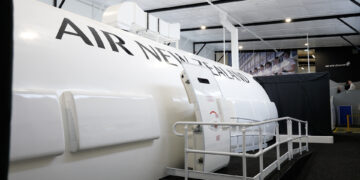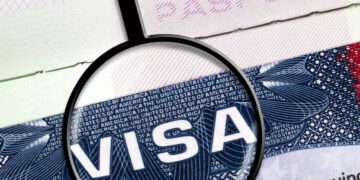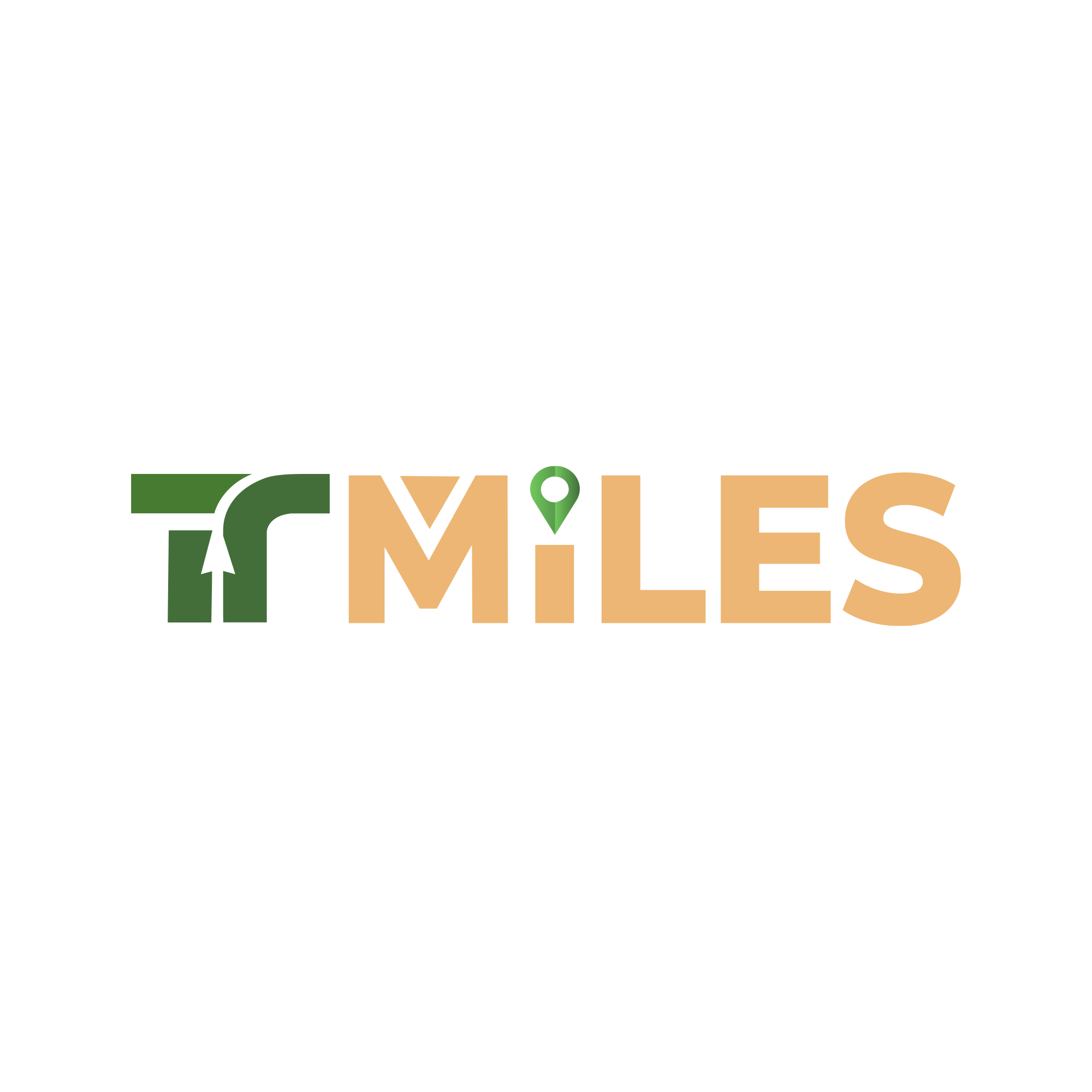Why Uber isn’t buying Expedia, but I still think Amazon should
Today’s story, which I will call a “banker rumor,” regarding the potential acquisition of Expedia Group by Uber is a natural extension of both speculation around Expedia’s future as well as the shared history of Dara Khosrowshahi.
The prospect of such a merger is intuitive and somewhat intriguing, though I think it would be a strategic misstep for Uber, and probably Expedia, too.
Uber continues to own a global position in ride-hailing and mobility platforms and Dara has led a substantial snapback success from COVID. Its expansion into services such as food delivery, freight transportation, and other mobility-related product categories offers plenty of runway, and recent deals with Waymo and others offers promise for the next stage of point-to-point logistics within a city or region.
And yes, as one of two major global online travel agencies, Expedia’s facilitation of bookings for flights, hotels, rental cars and other travel-related services seems like an obvious extension to Uber’s mobility dominance.
There are some perceived synergies between the two companies for sure, so my visceral reaction to this news was to concede the “sexiness” of a mash-up. But the drawbacks are more compelling, including a major divergence from Uber’s core business as a mobility platform as well as the complication of merging two disparate tech platforms (and market needs) that serve very different use cases.
Obvious integrations, such as extended travel packaging for Uber riders and moving closer to a seamless travel experience for Expedia, especially in the corporate travel segment, would work well on a white board. But the challenges and substantial investment in building out tech integration and infrastructure, as well as the brand confusion around a combined USP, make me dubious.
The probable regulatory challenges create hurdles as well, and concerns around Uber’s commitment to its core mobility and logistics investments might be problematic for shareholders, especially when you consider the possibility of shrinking margins in the travel intermediary sector. On its face, the concept of point-to-point travel integration is intriguing, but the complexities of managing a combined entity across multiple systems and user outcomes doesn’t completely align for me.
Perhaps this is just one of those fun rumors started at an investment banking conference and perpetuated in financial media. After all, Uber has untapped greenfield in geographic and core product areas that should command capital priorities (whether in M&A or not) across transportation tech, home delivery and commercial logistics, not to mention next gen autonomous transportation and delivery. Does travel expansion fit this set of business priorities?
So what about Amazon?
Yes, I have been wrong for nearly a decade when suggesting Amazon is going big into the travel industry. But if Expedia truly is on the selling block, Amazon has the most to gain with an acquisition.
Of all the major categories Amazon owns, travel (the second largest industry on earth) is an obvious growth vehicle. By acquiring Expedia, Amazon would gain an immediate and significant foothold in the space and leverage unique synergies across leisure and commercial travel. Amazon’s Prime customer base, logistics network, technology infrastructure and purchasing power would not only enhance Expedia’s brand but create a new distribution platform for travel suppliers.
Suppliers, who are increasingly looking for lower cost distribution, simplified pricing, closed user groups and a solution for the coming LLM/AI generative learning disruption, would see major opportunity through capital investment and intellectual property that a new entity offers. Just as with any deal in today’s regulatory environment, challenges would include anti-trust concerns, but with Booking, Airbnb as well as other aggregators such as Google and CTrip firmly in place, there is an argument for the deal.
In my utopian world, Amazon Prime members would receive exclusive travel deals and benefits that simplify the travel experience, while Amazon/Expedia could also develop curated, predictive travel solutions that result from massive data sets and customer insights. Because loyalty programs are set for a sea change in the coming years, Prime Rewards also represents a major advantage over bank, OTA and supplier rewards programs given the growing Amazon share of wallet.
Combine all of this with Expedia’s vast trove of travel data and built-in merchant/advertiser plumbing, the alliance would allow a new and different control of the $14 trillion travel market, plus a formidable rival to the existing intermediary landscape.















































